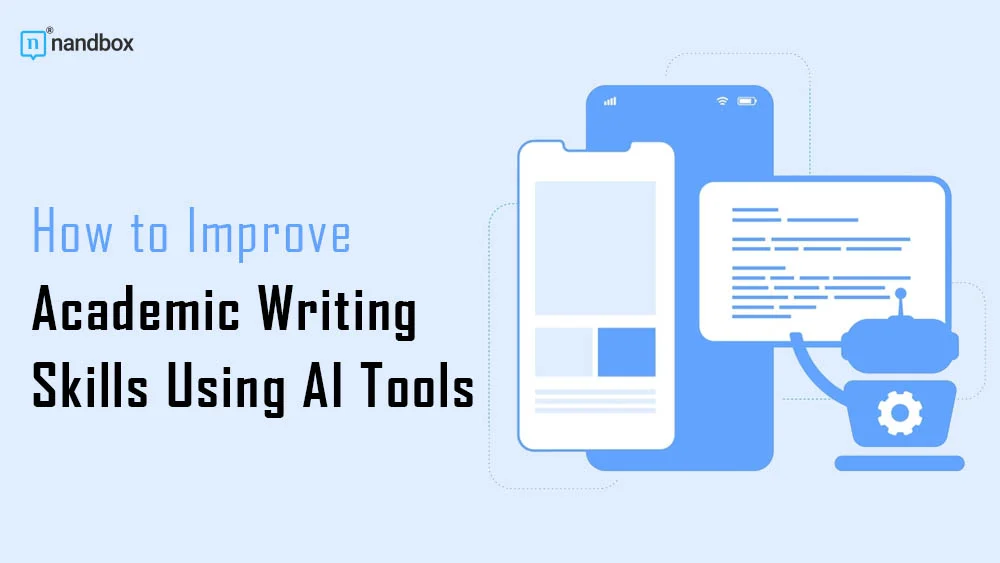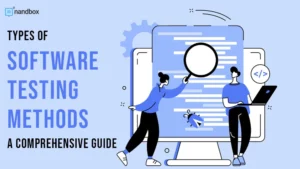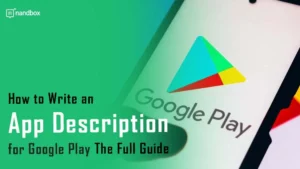How to Improve Academic Writing Skills Using AI Tools and Services for Study and Career
Once Open AI’s ChatGPT joined the world in November 2022, developers and average users realized they’d struck gold. This technology boosted the niche and changed the landscape of content creation and consumption. And now, we’re watching its rise and growth: Dozens of AI apps, tools, and services hit the market; thousands of specialists in different areas use them for personal and professional needs. Academic writing isn’t an exception. Read on to learn how to improve academic writing skills using AI tools like Chat GPT.
How AI Tools and Services Can Improve Academic Writing Skills
Whether you are a college student or a seasoned academic writer, you can enhance your skills with AI tools such as EssayGPT and services for study and career. Below are several ways to use them for that purpose.
Correct Grammar and Spelling
In 2023, researchers from AcademicHelp conducted a study on students using AI tools in academia. Among those surveyed, 81% used AI-powered grammar checkers to identify spelling, grammar, and punctuation mistakes in their texts and correct them. Indeed, it’s the most popular feature among users: Not only does it save time on proofreading and editing, but it also encourages learning from mistakes and, therefore, improves language proficiency.
AI-powered grammar and spelling tools are many. You’ve 100% heard about Grammarly, QuillBot, or ProWritingAid. All are wonderful assistants in producing high-quality and error-free content. While they have drawbacks in functioning, they are worth trying if you don’t have the resources to hire a professional editor.
Improve Writing Style and Clarity
You can use AI tools, like Grammarly Alternatives and services to analyze the style and clarity of your academic texts. Both elements are critical in formal writing, influencing the coherence and readability of your content. Give your draft to an AI assistant — and it will share recommendations for its improvement: It may suggest eliminating redundant phrases, simplifying complex sentences, revising your word choice, or removing incorrect phrasing.
Sure, you shouldn’t take all those suggestions for granted. AI is not 100% accurate; it still struggles to understand your writing background and the context you want to communicate. Check AI suggestions and decide which ones make sense and are worth considering.
Outline and Write Initial Drafts
All AI writers are smart enough to assist you in generating outlines (plans), summaries, and rough drafts for your academic papers. It saves time on research and content organization:
Give AI a lengthy text — and it will turn it into a summary so that you can see only essential information to use in your paper. Provide a tool with a detailed prompt — and you’ll get arguments and aspects on each point to include in your essay.
When used right, AI tools enhance your writing productivity and help you polish critical thinking and analysis skills. Revising the information from AI, you learn to summarize, communicate your arguments, and express your ideas.
Detect Plagiarism and Content Duplications
Plagiarism checkers are the second most popular AI tools (after grammar checkers) among students and everyone dealing with content creation. No wonder:
For college students, it’s an instrument to ensure their academic papers are free from accidental plagiarism. Even when writing a text from scratch, you can’t be 100% sure you don’t use common phrases a tool might see as copyright infringement.
For content creators, plagiarism checkers are essential helpers to avoid duplications and ensure the originality of their work.
AI-based plagiarism detectors scan your writings via a massive database of sources. By showcasing potentially problematic areas in your content, they encourage you to revise them and, thus, improve the quality of your writing.
Manage Reference Lists
When writing academic papers, you deal with numerous formatting rules and restrictions. Citation styles like APA, MLA, or Chicago prescribe tiny details for organizing the list of references, and it’s easy to miss a comma or bracket when managing it. AI-based reference management tools can assist here:
They generate citations in a required format, help you locate relevant sources for research papers, and organize bibliographies. It’s an opportunity to save time, learn citation styles, and ensure you format academic documents professionally.
Enhance Vocabulary
When writing the same content types on the same topics, you risk limiting your vocabulary to trivial terms and phrases, cliches, and overused expressions. AI tools and services can help you enhance the language patterns in your texts.
The NLP (natural language processing) technology makes AI writing tools understand and generate human language; they can suggest better word choice (synonyms, alternative phrasing) and sentence structure. Try them to practice more persuasive writing and improve your overall language fluency.
Takeaways
The potential of AI tools and services wows even the most skeptical users. They revolutionize many areas and niches, turning into helpful hands and remarkable productivity tools for writers, designers, programmers, marketers… you name it!
And even though AI isn’t as intelligent (yet!) as many believe, its proper usage does wonders and can help us grow skills, whether it’s in academic writing or any other creative field.






